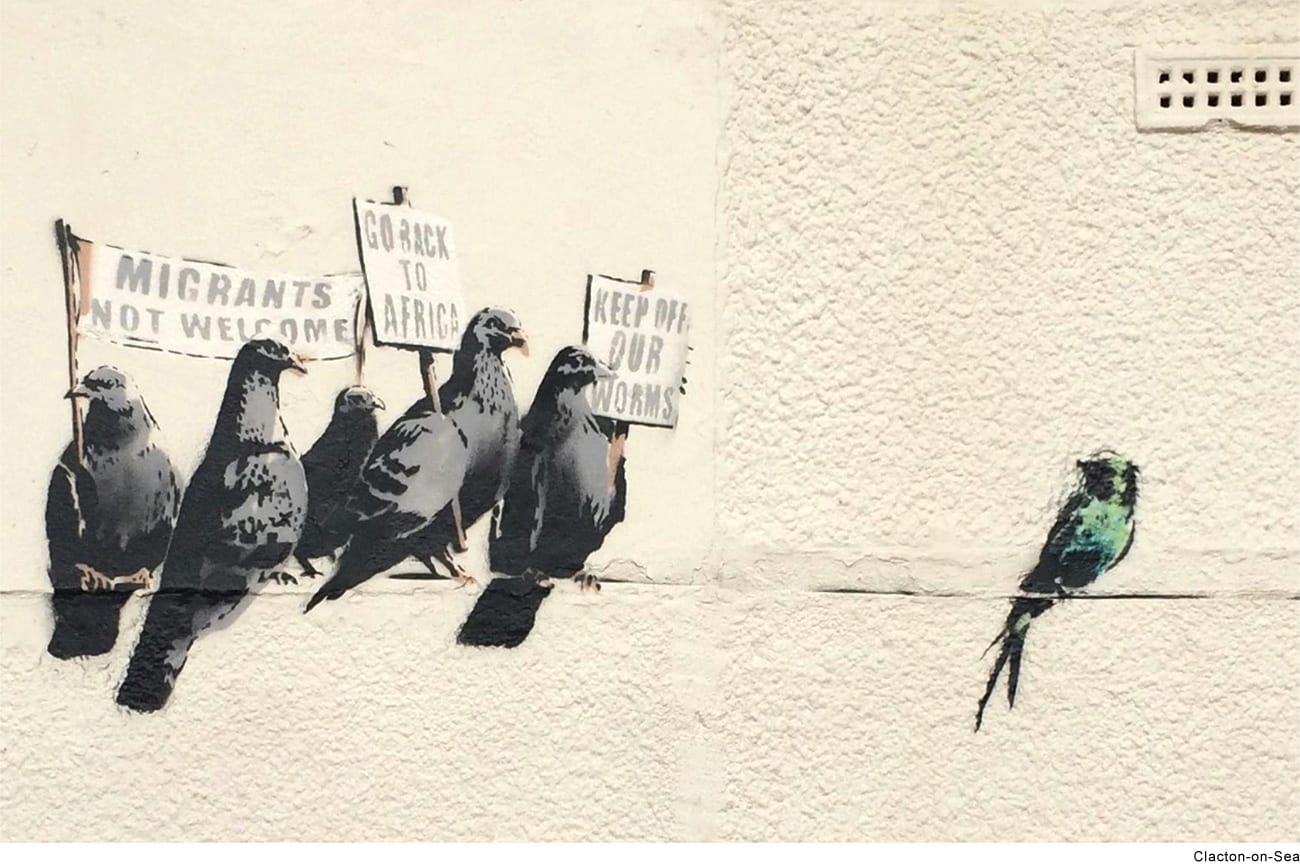
« All human beings are born free and equal in dignity and rights (…) »
Article 1 of the Universal Declaration of Human Rights, the “ABC” of activists and scholars in the field and a statement used in countless speeches to address unity among all human beings. However, there is something surprising about this phrase: the three suspension points that follow signaling a continuation, the often forgotten second part of such a celebrated article that reads as follows: (…) They are endowed with reason and conscience and should act towards one another in a spirit of brotherhood. Here we can read what can be construed as a duty. A duty that is only reminded 27 articles later and that seems to have been forgotten today. Maybe it is time to ask again: do we, as human beings, have human duties?
Despite forgotten, this question is not new. The concept of duty has been present since the beginning of history when the human being was considered an inalienable part of the community, tribe or polis. A time where society was not conceived as serving the individuals, but the latter were considered responsible of the former. As long as these communities expanded and their ties blurred, religion took over the notion of duty, expanded its manifestations and subjected it to the will of an indisputable authority, despite its different names and narratives. The alternative to not following its commandments was bearing with the load of a not that human guilt, risking the promised new life after death. Among them, regardless of the religion, a duty to help the other was always present.
It was only a few centuries later, in 1648, with the Peace of Westphalia and the end of the European wars of religion, that the influence of the Church decreased. With growing inequality, the people tried to reestablish the social contract. However, the “new social contract”, at least in its written version under the Declaration des Droits de les Hommes did not include any reference to “human” or individual duty. Instead the issue of “duties” was placed on the State.
Although efforts to reinvigorate human duties continued, such as the reaction of philosopher Onora O’Neill and peace leader Mohandas Gandhi to the exclusion of innate duties from the above-mentioned Universal Declaration of Human Rights, they ultimately fell into oblivion. And international debates continued stressing the idea of states and international community as duty-bearers. Examples of this are international legal doctrines, such as the “Responsibility to Protect and the debate over business and human rights, including UN Special Representative John Ruggie Guiding Principles, which emphasized the corporate responsibility to respect human rights.
The belief of a common duty and individual duty towards society was progressively disregarded in the international realm, as the correlative duties to human rights were placed in the head of the state or of international institutions. The fading of the use of human duties language led individuals to believe they did not “owe” nothing to society or the world. Over the years, this provided the breeding ground for populism to grow.
In this context, populist leaders took advantage of the fragile international human rights language that sidelined the conception of mutual obligation (“human duties) and used that to divide the population into “we” and “them”. The rise of right-wing nationalism can be, at least partly, explained by their reinterpretation of the concept of duty for their own sake. As part of their populist discourse, they argue that their voters (“we”) are not enjoying all their benefits they deserve because the State has focused on fulfilling its global responsibility, its duty towards “them”, the foreign and despicable “other”. In recent years, this has turned into a denial of the access to healthcare for refugees; the abandonment of multilateralism and global cooperation, essential to tackle emerging communicable diseases; the easing of restrictions that limited corporate emissions so as to favor national production at the expense of climate change; and cuts in global funding for international health assistance.
Rescuing the language of “human duties” as indispensable complements to “human rights seems to be a promising path for global health. As Berdion del Valle and Sikkink note, despite the lack of references to duties in international treaties, “[d]uties of individuals have become a standard part of constitutional repertoire”.
The language of human duties can serve as a counter-populism tool to minimize populist leaders’ criticism of human rights. The human duties framing gives people the sense of being participants in the pursuit of some common good and offers a powerful message for human rights to be fully enjoyed. And for individuals to be able to construct a life of dignity, human/individual duties need to complement state duties.
We can learn something from history and start focusing not only on rights, but also on reclaiming the language of human duties. Although identifying rights violations is key to characterizing the scale and nature of the problem, identifying duties is critical to stop the rise of fundamentalism and right-wing nationalisms that threatens global health.
Photo: Clacton-on-Sea #Banksy



